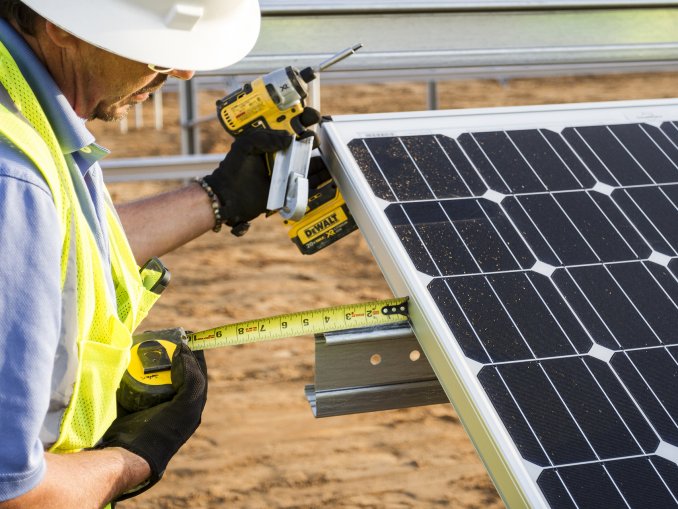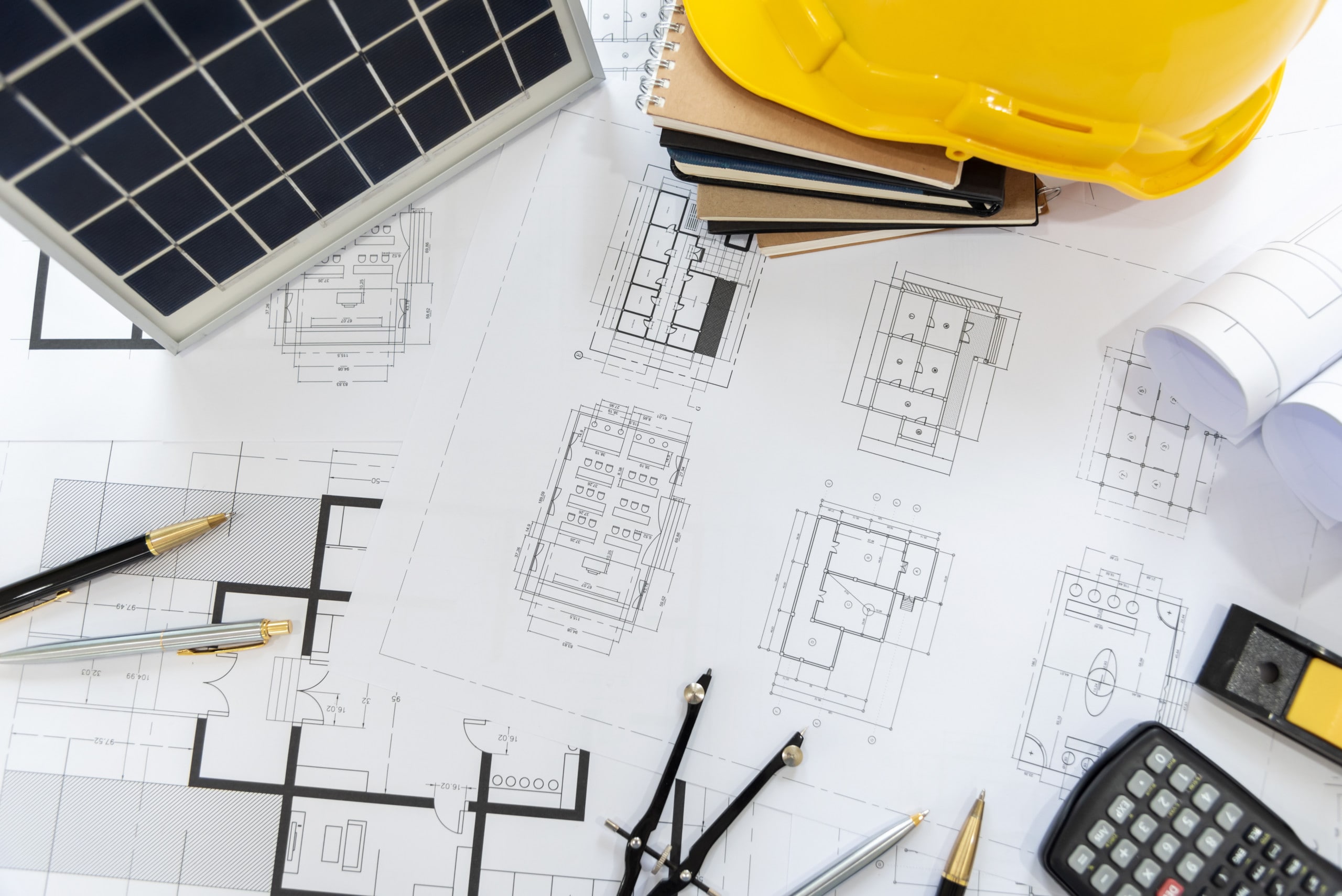

Design engineers study, research and develop ideas for new products and the systems used to make them. They also modify existing products or processes to increase efficiency or improve performance. They work on almost every consumer product imaginable for large-scale production, from telephones and medical equipment to kitchen appliances and car engines. Design engineers are not only concerned with making products that look good and are easy and safe to use: they are also concerned with ensuring that the product can be made cost-effectively and efficiently.
1) Studying a design brief.
2) Thinking of possible design solutions.
3) Researching whether the design will work and be cost-effective.
4) Assessing the usability, environmental impact and safety of a design.
5) Using computer-aided design (CAD) and computer-assisted engineering (CAE) software to create prototypes.
6) Collecting and analysing data from tests on prototypes.
7) Modifying designs and retesting them.
8) Writing regular progress reports and presenting them to project managers and clients.


1) Strong maths and IT skills
2) A creative flair and design ability
3) Good visual and spatial awareness
4) Attention to detail
5) Problem solving
6) Written and oral communication
7) Commercial awareness
8) Excellent project management skills
9) Time management and organisational skills
Design of utility-scale solar PV plants needs technical proficiency to maintain a balance between performance and cost.
The staff is excellent,friendly and very professional. They handle a complicated project on time and for a fair price!

Co Founder
An enthusiastic team, dynamic and serious, look no further, Brighten Solar has completely met my needs.I highly recommend.

Co Founder